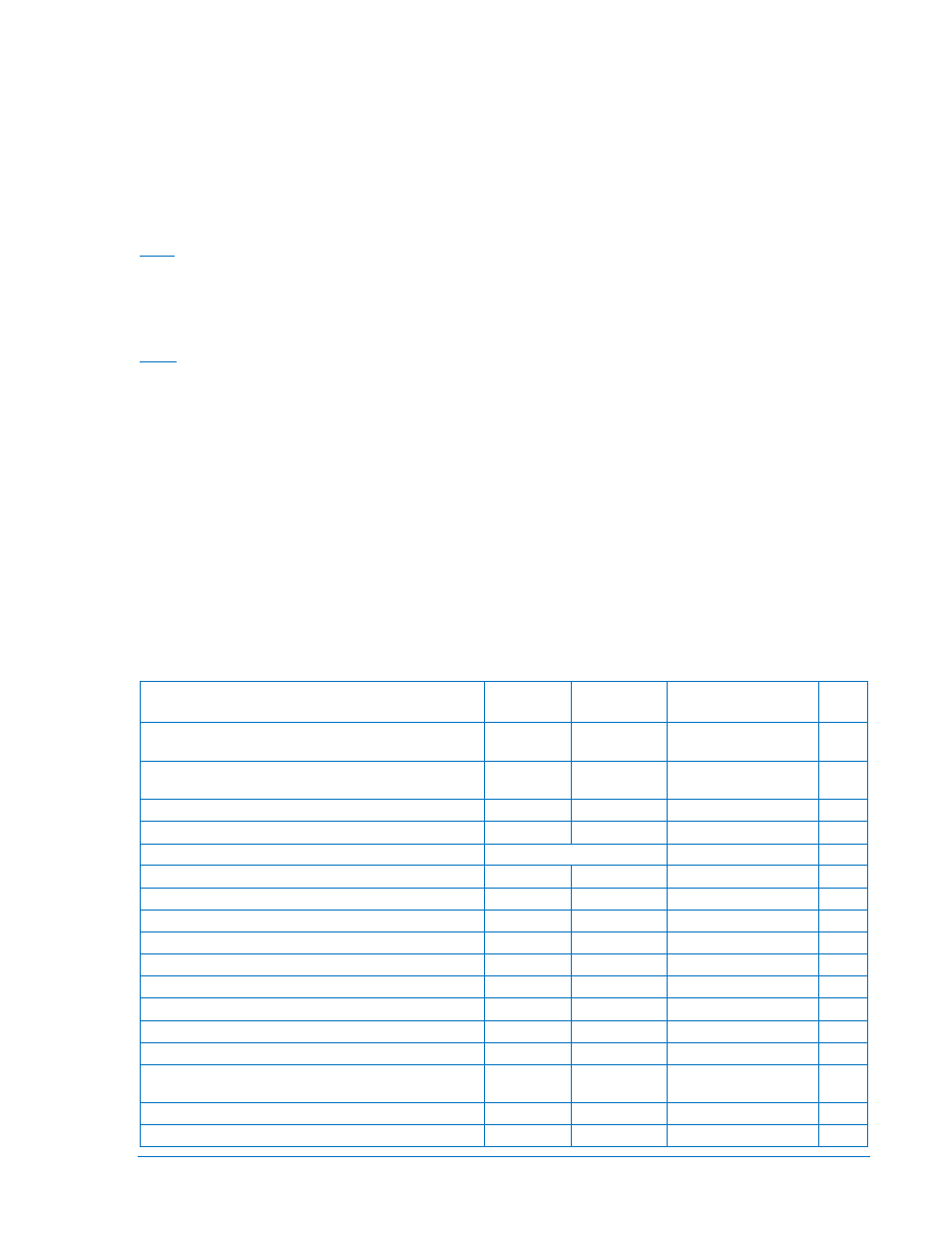Communication ports, Communication ports -5, Usb -5 – Basler Electric DGC-2020 User Manual
Page 79: Can -5

Auto LED lights and the horn sounds. For more information about the RDP-110, request product bulletin
SNE.
RDP-110 communication connections are made at DGC-2020 terminals 6 (RDP TXD–) and 7
(RDP TXD+). RDP-110 operating power is supplied at DGC-2020 terminals 4 (RDP BATT+) and 5 (RDP
BATT–).
Communication Ports
DGC-2020 communication ports include a USB jack, CAN terminals, optional RS-485 terminals, and an
optional modem jack.
USB
The rear-panel, mini-B USB socket enables local communication with a PC running BESTCOMSPlus
®
software. The DGC-2020 is connected to a PC using a standard USB cable. BESTCOMSPlus
® is a
Windows
® based communication software package that is supplied with the DGC-2020. A detailed
description of BESTCOMSPlus
® is provided in Section 4, BESTCOMSPlus® Software.
CAN
A Controller Area Network (CAN) is a standard interface that enables communication between multiple
controllers on a common network using a standard message protocol. DGC-2020 controllers have a CAN
bus interface that supports the SAE J1939 protocol and the MTU protocol.
Applications using an engine-driven generator set controlled by a DGC-2020 may also have an Engine
Control Unit (ECU). The CAN bus interface allows the ECU and DGC-2020 to communicate. The ECU
reports operating information to the DGC-2020 through the CAN bus interface. Operating parameters and
diagnostic information, if supported by the ECU, are decoded and displayed for monitoring.
The primary use of the CAN bus interface is to obtain engine operating parameters for monitoring speed,
coolant temperature, oil pressure, coolant level, and engine hours without the need for direct connection
to individual senders. Table 3-1 lists the ECU parameters and Table 3-2 lists the engine configuration
parameters supported by the DGC-2020 CAN bus interface. These parameters are transmitted via the
CAN bus interface at preset intervals. See the column labeled Update Rate in Table 3-1 for transmission
rates. This information can also be transmitted upon user request.
CAN bus interface connections are made at 48 (CAN L), 49 (CAN H), and 50 (SHIELD).
Table 3-1. ECU Parameters Obtained from CAN bus Interface
ECU Parameter
Metric
Units
English
Units
Update Rate
∗
SPN
Actual Engine Percent Torque
%
%
Engine Speed
Dependent
513
Aftertreatment 1 Diesel Particulate Filter Outlet
Temperature
°C
°F
500 ms
3246
Air Filter Differential Pressure
kPa
psi
500 ms
107
Air Inlet Temperature
kPa
°F
1 s
172
Alarm Reset Feedback
Binary (0 or 1)
1 s
2815
Ambient Air Temperature
°C
°F
1 s
171
Auxiliary Pressure 1
kPa
psi
On Request
1387
Auxiliary Pressure 2
kPa
psi
On Request
1388
Barometric Pressure
kPa
psi
1 s
108
Battery Voltage
Vdc
Vdc
1 s
168
Boost Pressure
kPa
psi
500 ms
102
Charge Air Temperature
°C
°F
1 s
2629
Coolant Level
%
%
500 ms
111
Coolant Pressure
kPa
psi
500 ms
109
DEF Inducement Level - Level of Inducement Not to
Run the Engine
%
%
1 s
5246
DEF Severity Level - Severity of Tank Low Level
%
%
1 s
5245
DEF Tank 1 Level
%
%
1 s
1761
9400200990 Rev X
DGC-2020 Functional Description
3-5
